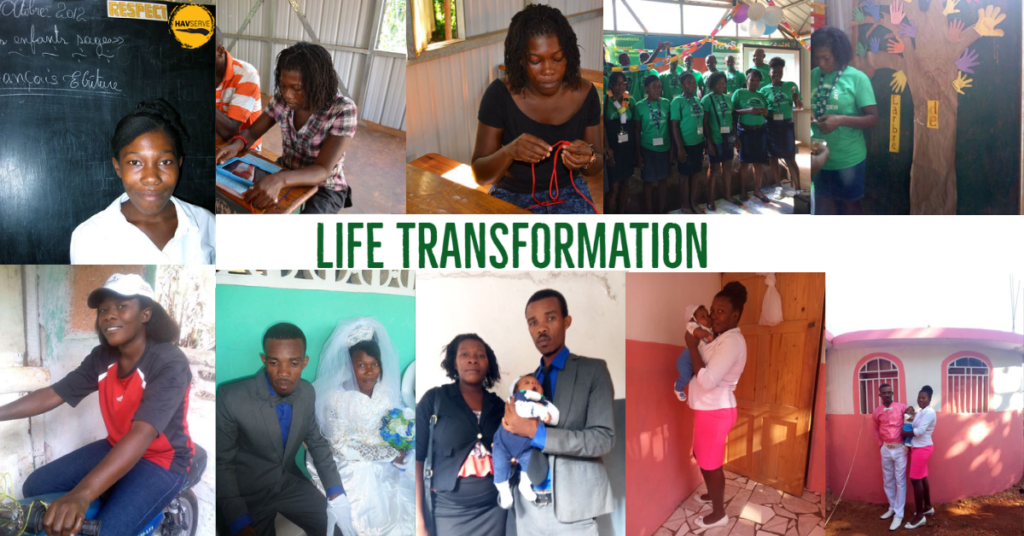Could education and training be the key to alleviating poverty in Haiti? In the U.S. there exists an exhaustive list of studies indicating the direct correlation between unemployment and income with educational attainment (Bureau of Labor Statistics). Unemployment decreases and income increases with more years of schooling. The rest of the world sees similar outcomes, especially poorer countries. According to the World Bank, “Most poverty assessments find a high correlation between education status and income status.” Experts agree that the value of education is an important driver in increasing a nation’s GDP and per capita wealth, and significant strides in improving the quality of education will require efforts to support enrollment and teacher training.
The question of how Haiti improves education for the young and trains its teacher to boost income growth is one that requires the input of leaders and seasoned development specialists. Their findings are optimistic. According to the Brookings Institution, “More schooling is associated with increasing personal earning, which translates into a one percent annual increase in GDP if good quality education is offered to the entire population”. And according to the World Bank, “Education can help a family climb out of poverty directly by increasing household income, through increasing the productivity of self-employed workers, or by enabling access to higher-paid jobs.” Just how much does an investment in education pay off? The “average returns on investment in education (are) [sic] 20 percent for Asia, 27 percent for Latin America and the Caribbean, and 38 percent for Sub-Saharan Africa”.
One challenge is determining the underlying causes of the current unemployment rate of 13.2% of the labor force and whether education plays a role. Are educated Haitians working in industrial sectors, or relying primarily on self-employment or agriculture? Of the working population, 13.11% of the male working population are employed in industries (2003 World Bank Indicators) and 9.27% of females. (1998 World Bank Indicators) These figures have remained fairly stable over the past few years and current information is needed to understand whether improvements in education are leading to or will eventually lead to shifting employment profiles.

Veteran educators continually influence Haiti’s potential for development, and their training and retention is met with challenges. According to Brendan McNulty of the Fletcher School of World Affairs, “Low salaries for teachers (both public and private) are reportedly another main cause for the failures of the education system and are partially responsible for the “brain drain”—or diaspora, as it is called [in Haiti]. Teachers with proper qualifications feel they are not paid adequate wages for the immense responsibilities they take on.” Providing quality education in Haiti will require paying its teachers higher wages and keeping them from leaving the country for higher-paid positions.
Education can make a difference to the future of Haiti’s children, but they need quality teachers who will give them the tools to find a means of sustaining their livelihoods. Support is needed: funding, knowledge transfer, skills transfer, information gathering, could help one child prepare for a robust future, and give more hope!
If you Have, You Can Serve.
Maria Gutierrez



